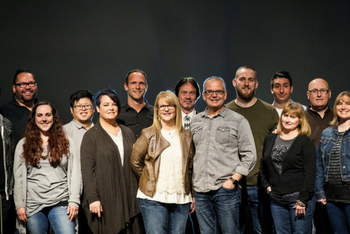In the early days of the American Revolutionary War, an expedition was launched against British forces in Quebec. When the expedition passed through Newburyport, Massachusetts, on the way to Canada, they visited the tomb of the renowned evangelist George Whitefield. Whitefield’s coffin was opened and his clerical collar and cuffs were removed. The clothing was cut in pieces and distributed in the mistaken belief that it could somehow give the soldiers success.
The expedition failed. But what the soldiers did demonstrates our human tendency to trust in something less than a relationship with God—money or human strength or even religious traditions—for our ultimate well-being. God cautioned His people against this when invasion from Assyria threatened, and they sought Pharaoh’s help instead of turning from their sins and turning personally to Him: “This is what the Sovereign Lord, the Holy One of Israel, says: ‘In repentance and rest is your salvation, in quietness and trust is your strength, but you would have none of it. You said, “No, we will flee on horses.” Therefore you will flee!’” (Isaiah 30:15–16).
Their “expedition” failed as well (just as God said it would) and Assyria overwhelmed Judah. But God also told His people, “The Lord longs to be gracious to you.” Even when we have trusted in lesser things, God still holds out His hand to help us return to Him. “Blessed are all who wait for him!” (v. 18)
Source: Our Daily Breat
 Sound of Faith
Sound of Faith  GPS Radio
GPS Radio